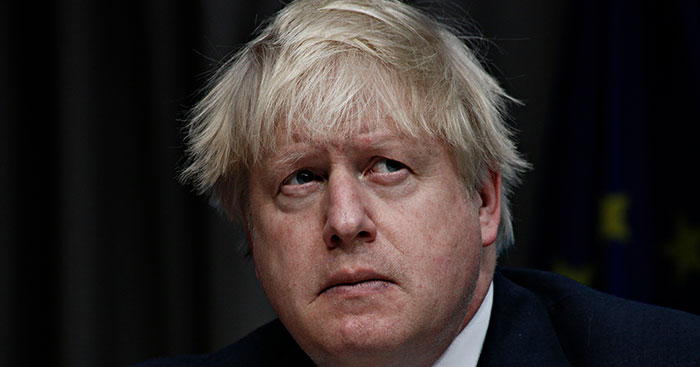Our chief executive Melissa Davis discusses the latest crisis gripping the government, which has led to the resignation of No 10’s senior spokesperson.
Last Christmas was a difficult time for everyone. I certainly understand and share the anger the alleged Downing Street party has caused.
Many of us might think party-gate is a PR crisis for the government. Perhaps unsurprisingly it appears that the government would argue that this isn’t really a crisis – their response suggests they will ride it out and kick it into the long grass by using the ‘ongoing enquiry’ defence.
It’s really something when you’re caught apparently lying and breaking the rules and it is no longer considered a crisis but if the Met apparently seem to agree with that analysis, then maybe we are all wrong and this really isn’t a PR crisis… and if I was Downing Street’s PR adviser I might just sit back with a latte, whilst wearing a Christmas hat.
Someone who possibly did think it was a crisis was Allegra Stratton.
Like many PR professionals she was used to prepping for press interviews, in case there was a crisis and awkward questions, with colleagues playing the part of journalists who have unhelpful questions. This rehearsal normally protects an interviewee or spokesperson – they seem clearer and better prepared at the real event, and therefore more credible.
In the case of Allegra Stratton, this did not happen, and after a day of intense pressure she resigned in tears for appearing to make light of restrictions that hurt members of the public with the fake press conference.
Despite Downing Street clearly ignoring the fact that there is one, I think a lot of what has gone wrong is down to poor ‘crisis comms’.
So what should happen if you’re clear headed enough to realise there is actually a crisis happening….?
What is a crisis?
Organisations need a way to recognise there is a crisis – because when you call it, behaviour needs to change. You need to know who is in your crisis ‘team’, which should be small. It is small, because you want to avoid the whole organisation being drawn in.
The team needs a clear remit. It is easy to confuse protecting a prominent individual (a chief executive, or indeed a prime minister), with protecting the organisation. Most often, the organisation should be the priority, but faced with a silverback CEO, some crisis teams are bullied into conflating the two.
And the crisis team needs the mandate and the power to…
Get all the information
As prime minister, Boris Johnson’s first instinct appears to be to avoid ‘all the information’. You can see why, moment to moment, he feels protected by apparent ignorance and a lack of curiosity. If it were established that he knew all along, that would be incredibly damaging.
But avoiding having a complete picture means the government can be caught out with fresh revelations – and so caught off balance. The crisis team needs to include individuals who demand information – for the Downing Street party, the team needs a PR, internal communications, a lawyer, an IT person and a chief of staff or HR. Each has their role around obtaining information.
The internal comms person is important here – because in managing a crisis, what you say internally is hugely important. Do a bad job here, and staff will believe what they hear from other sources, which may also mean they trust those sources with information before they trust you.
Tell the truth
The cliché is that it’s the cover up that gets you. In a crisis, you can’t avoid the press, so you will have to deal with them. Even if there are things you can’t answer, you have to give holding answers. Information you give needs to be true, because misinformation extends the life and scope of a crisis.
If you give misinformation, even in good faith, it should be corrected as quickly as possible. Is that happening here?
There needs to be a central point of contact with the press and the public.
Talk to the right people
Who is caught up in this crisis? How are they? It is easy to be absorbed with your own experience of a crisis, but someone in the team should be talking to the people affected. They are under immense pressure – they might become bitter through a lack of support. They might turn against you. Heaven forbid, they might come to harm.
Make real changes
It is ideal to be on the front foot with this. To be seen to be forced into action, possibly step by step, is to seem not in control. If the response to events can be steps that go further to ‘fix’ a problem than others were demanding, that will help build trust.
The end
Just as you need to know what constitutes a crisis, and who the crisis team will be, you need a way to determine when a crisis has ended. That’s the point when the crisis team disbands, and behaviour goes back to normal.
Of course, if you are straight into another crisis, you may have a wider problem.
Many organisations have a crisis plan. My advice is it should be regularly taken out of the drawer and key people should practise using the plan.
If you and your organisation are not ready for when a crisis hits and need help preparing for one, or you are dealing with a crisis right now, we are here to help.












